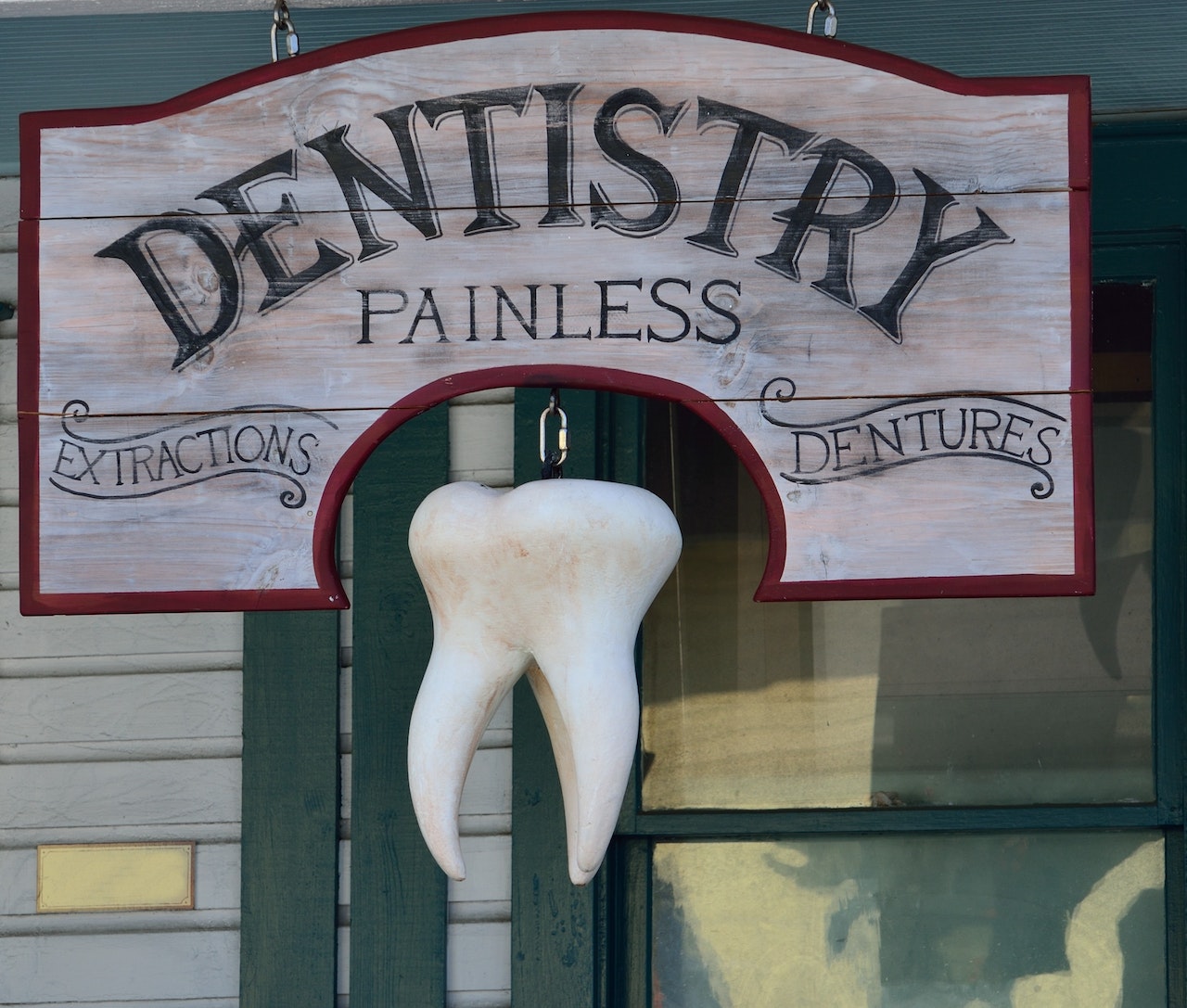by Vicky Monroe

Last week, I finally had my first dental appointment in over a decade. Embarrassingly, I’m one of those people who’s so scared of the dentist that they put off going for years. The only reason I made this appointment in the first place is that half of one of my bottom front teeth literally broke off!
I was afraid I had significant orthodontic issues because I haven’t had my wisdom teeth taken out yet. Luckily that hasn’t impacted things and my dentist said my teeth are actually in pretty good shape overall. I’ve heard that wisdom teeth can cause the rest of your teeth to shift, and I wondered if that was part of the reason why I lost a chunk of my bottom tooth. But the dentist just thinks I ground down the tooth in my sleep, which weakened it and caused part of it to break off.
My Treatment Plan
The game plan my dentist came up with is for me to get my wisdom teeth removed by an oral surgeon first. Although my wisdom teeth aren’t impacted, there was evidence of infection, so they need to come out. I’m in the process of finding an oral surgeon who will both take my insurance and agree to knock me out. There’s no way I’m undergoing oral surgery while awake without anesthesia!
Based on estimates I saw online, I’m expecting the wisdom teeth removal to cost around $1,000 to $1,500. Sadly, that’s not even the most expensive part of my treatment plan! After the wisdom teeth are out, my dentist wants me to do Invisalign because my bottom row of teeth is misaligned and squished together.
Expensive Invisalign
Invisalign for adults usually costs a whopping $4,000 to $5,000, so I asked him if it was really medically necessary. I’m no beauty queen with or without straight teeth, so I wouldn’t want to straighten them solely for aesthetic reasons. I have to admit, he made a really good point, so I think we’re going to go ahead with it.
My teeth are so close together that he suspected I was having trouble flossing between them and cleaning them properly, which is true. If I leave them the way they are, I could eventually lose those teeth when I’m older. I mean, one already broke halfway off! The alignment issues could’ve contributed to the breakage because of how my bottom teeth line up with my top teeth. So straightening them out will also ensure that my broken bottom tooth actually stays fixed when we patch it up.
I don’t know exactly what the dentist is planning to do to smooth the jaggedy broken tooth out or how much it will cost yet. First I have to get through this oral surgery and save up for Invisalign, so we’ll cross that bridge when we get to it!
My Next Appointment
My next appointment with the dentist is in August, so I have roughly five months to save up for Invisalign. I’m going to pull the funds for my oral surgery from an account we already have that’s reserved for home repairs, car emergencies, and major health expenses. What’s in that account will cover a portion of Invisalign too.
Dental insurance usually covers 25% to 50% of Invisalign depending on the plan, so I’m probably going to start saving up about $500 a month for it until my appointment to help pay for it in addition to what I already have saved. Looks like we’re going to be slowing down our mortgage payoff for a bit so I can get my teeth fixed!
Have you ever had to get expensive dental work done? Was it worth it? I’d love to hear your thoughts!
Read More
Ashley’s February 2023 Debt Update
Replacing Eggs With Cheaper Alternatives And Planning for Kids
Every Little Bit Counts – Savings Mode
Vicky Monroe is a freelance personal finance and lifestyle writer. When she’s not busy writing about her favorite money saving hacks or tinkering with her budget spreadsheets, she likes to travel, garden, and cook healthy vegetarian meals.





